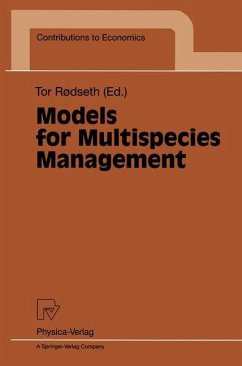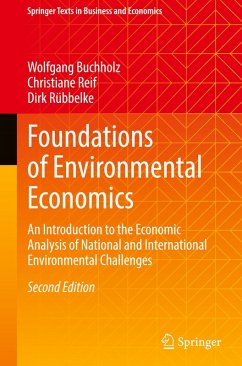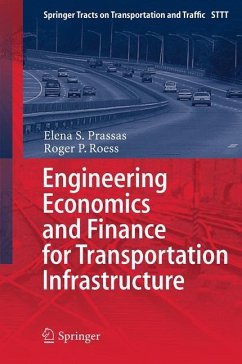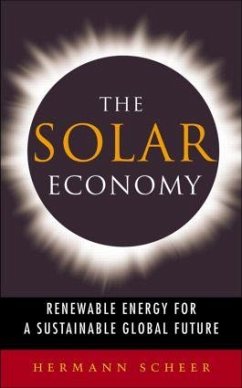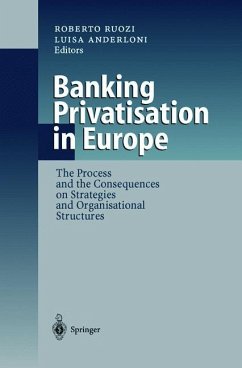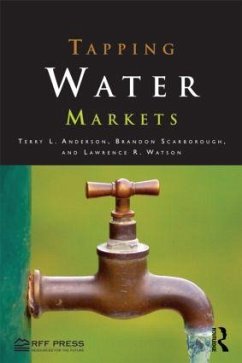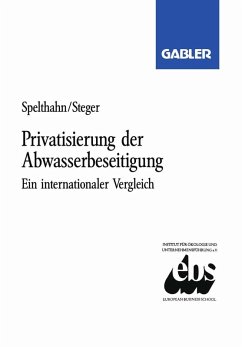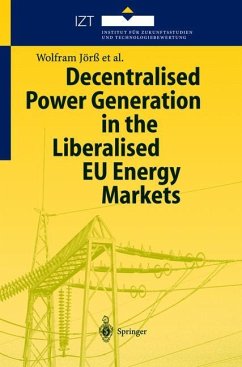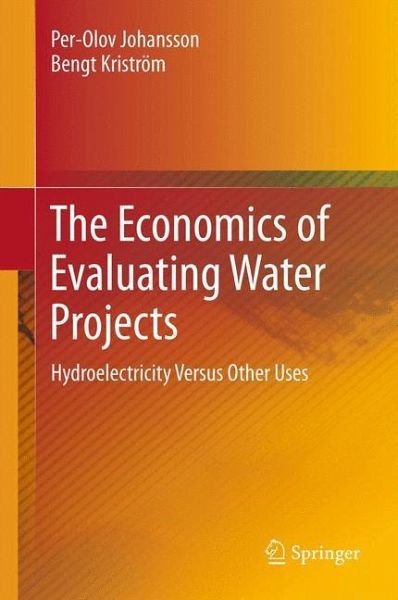
The Economics of Evaluating Water Projects
Hydroelectricity Versus Other Uses
Versandkostenfrei!
Versandfertig in 6-10 Tagen
76,99 €
inkl. MwSt.
Weitere Ausgaben:

PAYBACK Punkte
38 °P sammeln!
This book presents research on a kind of water use conflicts that is becoming more and more common and important: How to best manage moving water in times of increasing demand for electricity as well as environmental services. How should decisions be made between water use for electricity generation or for environmental and recreational benefits? The authors develop a simple general equilibrium model of a small open economy which is used to derive a cost-benefit rule that can be used to assess projects that divert water from electricity generation to recreational and other uses (or vice versa)...
This book presents research on a kind of water use conflicts that is becoming more and more common and important: How to best manage moving water in times of increasing demand for electricity as well as environmental services. How should decisions be made between water use for electricity generation or for environmental and recreational benefits? The authors develop a simple general equilibrium model of a small open economy which is used to derive a cost-benefit rule that can be used to assess projects that divert water from electricity generation to recreational and other uses (or vice versa). The cost-benefit rule is then applied to the specific case of a proposed change at a Swedish hydropower plant. The book provides a manual for the evaluation of river regulations which can easily be replicated in other studies.





